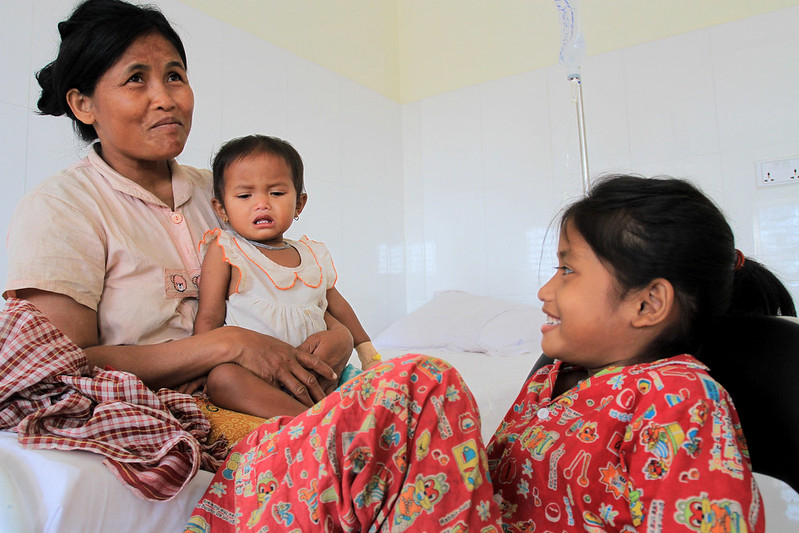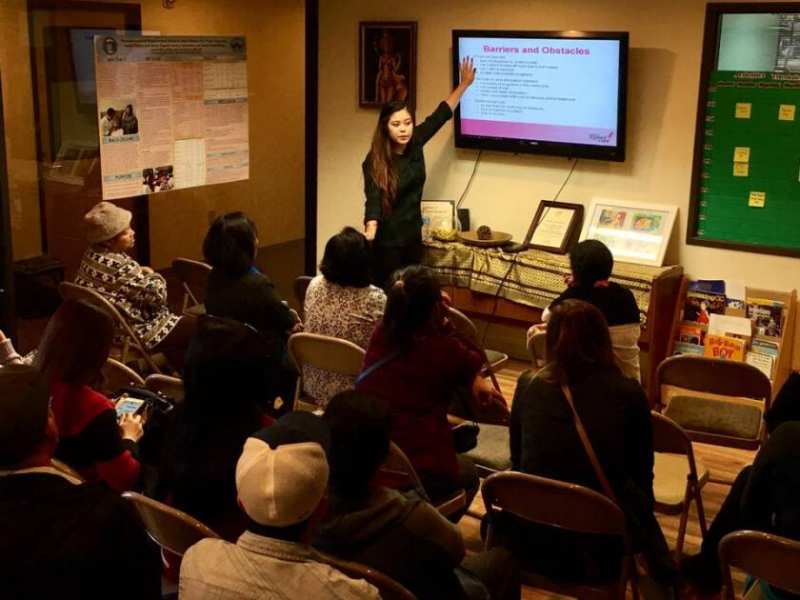Sensitive Care Provider Issues
Since Cambodians often smile or laugh in both good and bad circumstances, it shouldn't be assumed that they are automatically expressing joy, agreement, amusement, humiliation, or derision. To prevent misunderstandings, extreme care should be exercised while interpreting a smile or chuckle.
Cambodians are thought to be reserved, particularly the women. When attempting to have an honest and open conversation with their patients, healthcare professionals should take this into account. The favored sex providers are the same.
For Cambodians, preventive medicine is unusual. Many Cambodians still view healthcare as a luxury they cannot afford. The long-held adage "if nothing is broken, don't fix it" contributes to Cambodians' reluctance to use preventive treatment.
Cambodians have endured unspeakable violence and suffering as a result of thirty years of horrific conflicts. Many Cambodians suffer from chronic mental diseases. However, because it would make them appear weak, Cambodians are not accustomed to talking about or expressing their emotions, especially men. They also compare crazy behavior to mental disease. The stigma associated with being labeled as crazy is severe. As a result, Cambodians are frequently unwilling to discuss their experiences and any associated ailments.
Whether it be for marriage or health, counseling is an unfamiliar concept to Cambodians, particularly counseling provided by a qualified or certified counselor. Advice is frequently requested from a monk, a traditional healer or herbalist, or the abbot. The community has respect for both laypeople who organize religious healing ceremonies (known as "aa-jaar") and traditional healers or herbalists (known as "kru-Khmer"). They are regarded as community leaders.
For the treatment of various types of ailments, many Cambodians continue to rely primarily on traditional healers and traditional or herbal medications. In Cambodia, it is simple and affordable to purchase modern medications. In actuality, no prescription is required to buy them. However, many people cannot afford them. Roots, barks, and animal bones are used to make traditional medicines. Many different diseases, including AIDS, are said to be cured by them. Traditional medical practices are unrestricted. Many Cambodians still utilize the traditional remedies they are accustomed to in the United States. They can be ordered from Cambodia or found in many grocery stores.
People in charge are typically feared in Cambodia. According to culture, fear is first taught within the family at a very young age. In addition to in school, children are also taught to obey at home. They are not permitted to question their parents' authority, particularly the father, at home. Cambodian society continues to be predominately male. Teachers should not be pushed outside of the classroom. Later, bosses are in charge at work. Obedience is the norm. Additionally, authoritarian rulers whose power cannot be contested and foreign occupiers have ruled Cambodia throughout its history. For those who dare, punishment has always been fast and severe. Many Cambodians have been conditioned to fear all of their lives.









